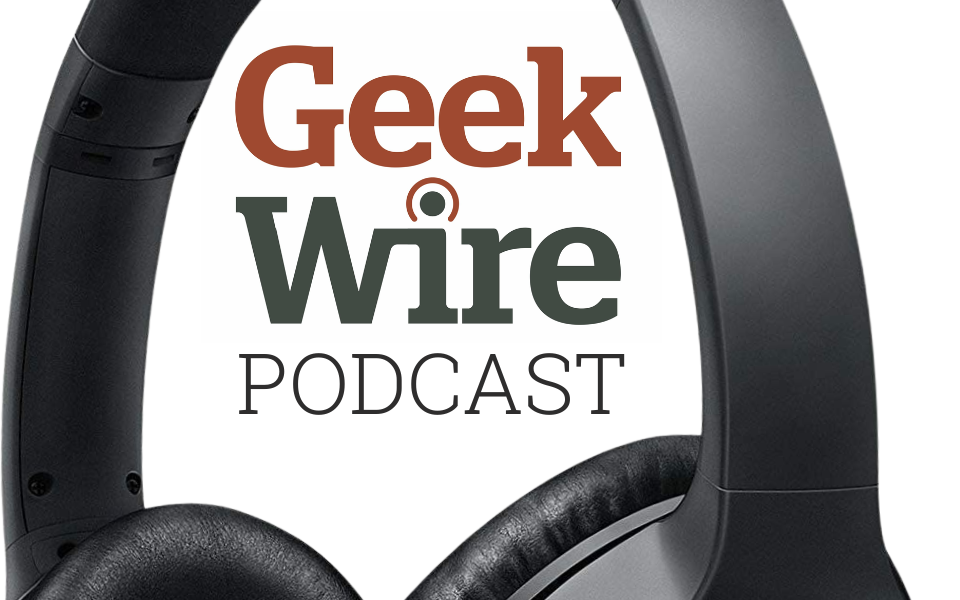Steve Ballmer’s Clippers Under Fire Amid AI Talent Wars and Tech Monopoly Debates
In a week filled with dramatic developments across the tech and sports landscapes, former Microsoft CEO Steve Ballmer finds himself at the center of controversy surrounding his NBA team, the Los Angeles Clippers. An explosive report has alleged that the Clippers circumvented the NBA’s salary cap through undisclosed payments to star player Kawhi Leonard—a claim Ballmer has vehemently denied. The timing couldn’t be more awkward for Ballmer, who has spent years rehabilitating his image from his sometimes tumultuous Microsoft tenure to become a respected NBA owner and philanthropist. His ownership style has always reflected his passionate, high-energy approach that defined his Microsoft years, though this latest controversy tests the boundaries between his competitive drive and league regulations. While Ballmer built his reputation on aggressive business tactics at Microsoft, the NBA operates under different rules with strict salary cap enforcement designed to maintain competitive balance—a stark contrast to the winner-takes-all ethos of the tech world he dominated for decades.
Meanwhile, the artificial intelligence landscape continues its rapid consolidation as OpenAI shocked industry observers with a substantial $1.1 billion acquisition of Seattle-based startup Statsig. The deal represents more than just another tech acquisition—it signals the intensifying war for AI talent as major players scramble to secure the brightest minds in the field. Statsig, which specializes in AI experimentation and feature management tools, brings valuable expertise that complements OpenAI’s ambitious vision. The acquisition price tag reflects the premium value placed on AI talent in today’s market, where engineers and researchers with specialized knowledge command unprecedented leverage. For Seattle’s tech ecosystem, the deal represents both a validation of the region’s AI leadership and the continued pattern of promising startups being absorbed by larger entities, raising questions about whether independent innovation can survive in an increasingly consolidated AI landscape.
In a significant legal development, the tech world witnessed a landmark antitrust ruling against Google that echoed Microsoft’s own monopoly battles from decades past. A federal judge determined that Google illegally maintained a monopoly in online search, potentially opening the door to remedies that could reshape the digital economy. The irony wasn’t lost on industry veterans who remembered Microsoft’s bruising antitrust fight in the late 1990s—a battle that many believe ultimately opened space for Google’s rise in the first place. The ruling represents the culmination of years of mounting scrutiny of Big Tech’s market power and reflects a renewed regulatory appetite to address digital monopolies. For Microsoft, which has positioned itself as a more responsible tech citizen in recent years under Satya Nadella’s leadership, the ruling offers a measure of validation for its corporate reformation while simultaneously raising questions about whether today’s tech giants have learned the right lessons from history.
The controversy surrounding Ballmer’s Clippers speaks to broader tensions between wealth, competition, and fairness in American sports and business. If proven true, the allegations would suggest that even within the supposedly level playing field of salary-capped professional sports, billionaire owners might seek advantages through financial maneuvers—not unlike the advantages tech giants leverage in their respective marketplaces. Ballmer’s wealth, estimated at over $100 billion largely from his Microsoft tenure, exemplifies the increasing intersection between tech fortunes and sports ownership across America. His forceful denial of wrongdoing reflects both his combative business instincts and the high stakes for his reputation, which has evolved significantly since his retirement from Microsoft. The NBA’s investigation into the matter will likely focus not just on potential rule violations but on maintaining the perception of competitive integrity that underpins fan trust in professional sports.
The OpenAI-Statsig deal reveals how the artificial intelligence revolution continues to concentrate power among a handful of well-resourced organizations. Started by former Facebook executives, Statsig brought sophisticated experimentation tools to the market that help companies optimize AI systems—capabilities that will now be integrated into OpenAI’s growing ecosystem. The acquisition highlights how difficult it has become for independent AI companies to remain standalone entities as larger players with massive computational resources and funding advantages consolidate their positions. This pattern raises profound questions about innovation, competition, and ultimately who will control the transformative power of artificial intelligence. For Seattle, which has established itself as a major AI hub through Microsoft, Amazon, and numerous startups, the acquisition represents both opportunity and challenge—bringing prestige and investment while potentially limiting the diversity of independent tech voices in the region.
The parallels between today’s tech landscape and the Microsoft of Ballmer’s era offer a fascinating study in how history both repeats and evolves. Just as Microsoft faced scrutiny for leveraging its Windows dominance, today’s tech giants navigate similar challenges with their respective platforms. The Google antitrust ruling suggests that despite decades of technological change, fundamental questions about market power and competition remain unresolved. Meanwhile, Ballmer’s journey from tech executive to sports owner illustrates how tech wealth continues to reshape other sectors of society—bringing both innovation and disruption. As artificial intelligence accelerates these transformations, the concentration of both economic and technological power raises profound questions about the future of competition in the digital age. Whether in professional basketball or cutting-edge technology, the tension between competitive advantage and fair play continues to define American business, with figures like Ballmer straddling both worlds as we collectively navigate the consequences of technology’s expanding influence.


